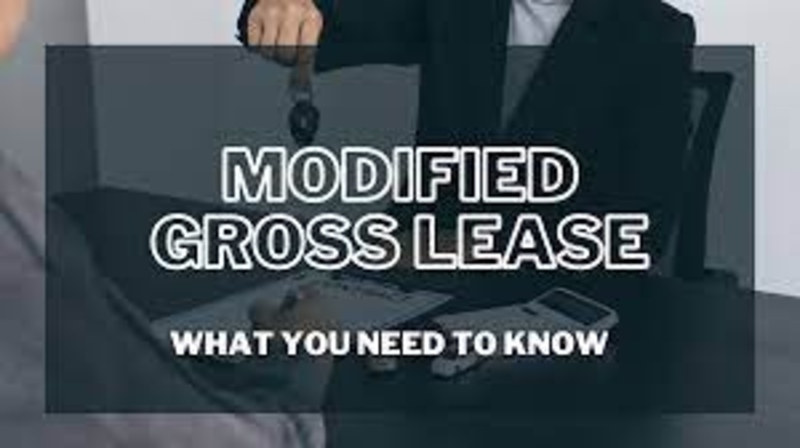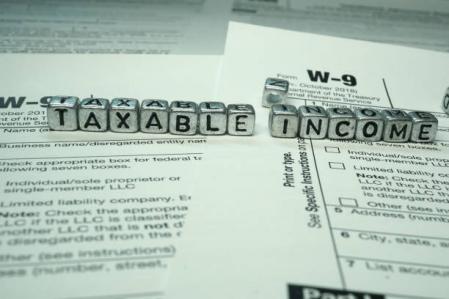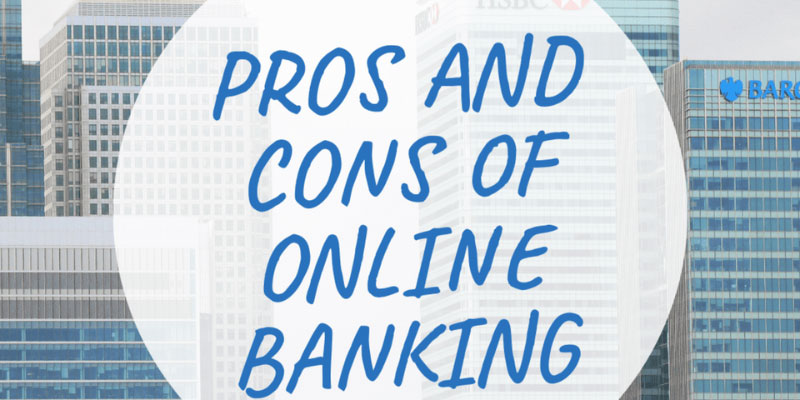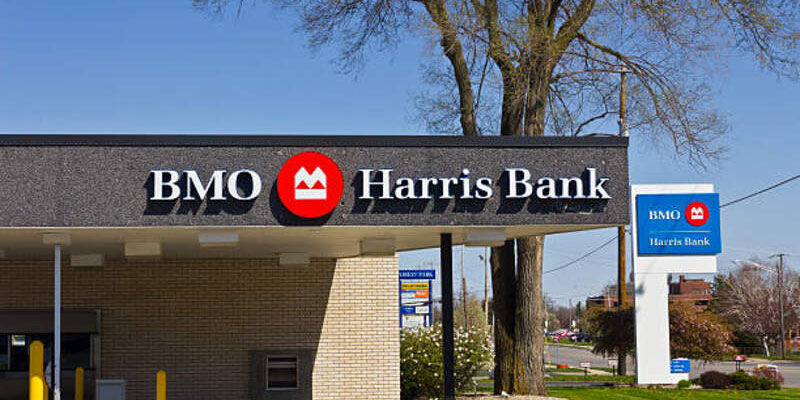Leasing a commercial property can be one of the most important decisions you make from both a financial and operational standpoint. But with all the options available, it can sometimes take time to decide which type of lease is right for your business. In this blog post, we’ll examine what a modified gross lease is and all its benefits and drawbacks so you can make an informed decision when evaluating whether or not it makes sense for your particular situation. Read on to discover how signing a modified gross lease may provide you with considerable cost savings while at the same time giving you greater flexibility in running day-to-day operations.
Overview of a Modified Gross Lease
A modified gross lease is an agreement between a tenant and a landlord to rent commercial real estate. In this type of lease, the tenant pays a base monthly rent plus their share of additional operating costs such as utilities, taxes, repairs, and maintenance. The amount of these costs can be negotiated between the tenant and the landlord.
How to Sign a Modified Gross Lease?

To sign a modified gross lease, the tenant and landlord must agree on all lease terms, which should be documented in writing. It’s essential to ensure that the landlord is responsible for any repairs or improvements that may be needed for the property. The tenant should also specify who will pay utilities, taxes, or insurance.
Pros of Signing a Modified Gross Lease:
● One of the most significant advantages of signing a modified gross lease is that it can provide significant cost savings for the tenant.
● By agreeing to pay their share of operating expenses in addition to the monthly base rent, tenants can get much lower overall rental rates than with more traditional leases.
● This can be especially beneficial for smaller businesses with insufficient cash flow to support higher rental costs.
● Tenants often have more flexibility in how they use and operate the property compared to other leasing agreements.
Cons of Signing a Modified Gross Lease:
● The most significant potential downside to signing a modified gross lease is that tenants may be responsible for additional costs associated with operating the property.
● The tenant must carefully review the lease terms before signing, including any clauses regarding who is responsible for taxes, repairs, or maintenance.
● Tenants must also accurately estimate their share of operating expenses so they don’t pay more than expected.
Finally, if the landlord fails to maintain the property adequately or increases operating expenses without informing the tenant, this can lead to additional cost burdens for them.
Tenants must do their due diligence and weigh all the pros and cons before signing a modified gross lease.
How to Negotiate the Best Terms for Your Situation?
When signing a modified gross lease, you must negotiate the best possible terms for your situation.
For example, you should get an agreement in which the tenant pays their share of operating costs based on actual usage rather than estimates. This way, you won’t be stuck paying for additional expenses that don’t apply to you.
You should also ensure that there are clauses in the lease outlining who is responsible for any repair or maintenance costs. Finally, negotiate a fixed rate for utilities so you have certainty over your monthly expenses.
These steps can save you money in the long run and give you peace of mind while leasing a commercial property.
Tips for Making Sure You Get the Most Out of Your Modified Gross Lease Agreement

Once you’ve signed a modified gross lease, it’s essential to make sure that you get the most out of your agreement.
● Review your lease regularly and ensure all terms are followed. This includes staying up-to-date with any changes in the operating expenses or taxes associated with the property.
● It’s also important to keep track of any repairs or improvements that need to be made and ensure they are completed on time by both parties. In addition, try and negotiate any new clauses as required if your business operations change over time.
● Stay in contact with your landlord throughout the lease term so you can address any issues quickly and effectively.
Conclusion
Signing a modified gross lease can provide significant cost savings for tenants while giving them greater flexibility in how they use and operate the property. However, doing your due diligence and negotiating the best terms possible before signing any agreement is essential. Carefully review the lease clauses and who is responsible for additional operating costs such as taxes, repairs, or maintenance. Finally, ensure that you get an agreement including fixed-rate utilities to know your monthly expenses. By taking these steps, signing a modified gross lease can be a great way to save money while leasing commercial real estate.
FAQs
Q: What is a modified gross lease?
A: A modified gross lease is a commercial real estate leasing agreement that splits the costs of operating a property between the tenant and landlord. The tenant pays rent and usually covers some or all of their share of operating expenses such as taxes, utilities, and repairs.
Q: What are the pros and cons of signing a modified gross lease?
A: Pros include cost savings for tenants, greater flexibility in how they use and operate the property, no need to pay additional fees to cover capital expenditures, and more control over monthly expenses. Cons include potential hidden costs like taxes or repairs that may be the tenant’s responsibility, lack of clarity on who is responsible for specific fees, and the possibility of being hit with additional cost burdens.



